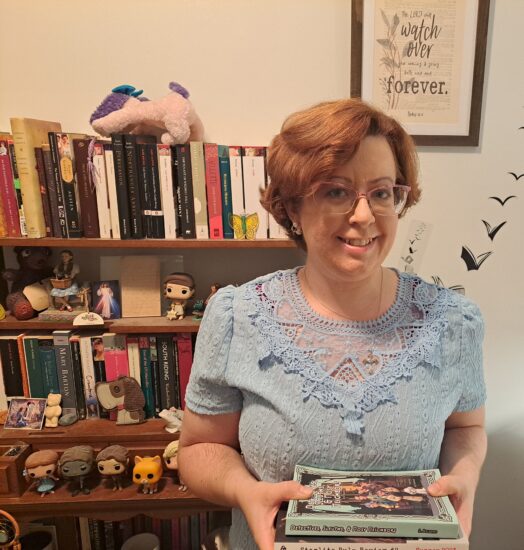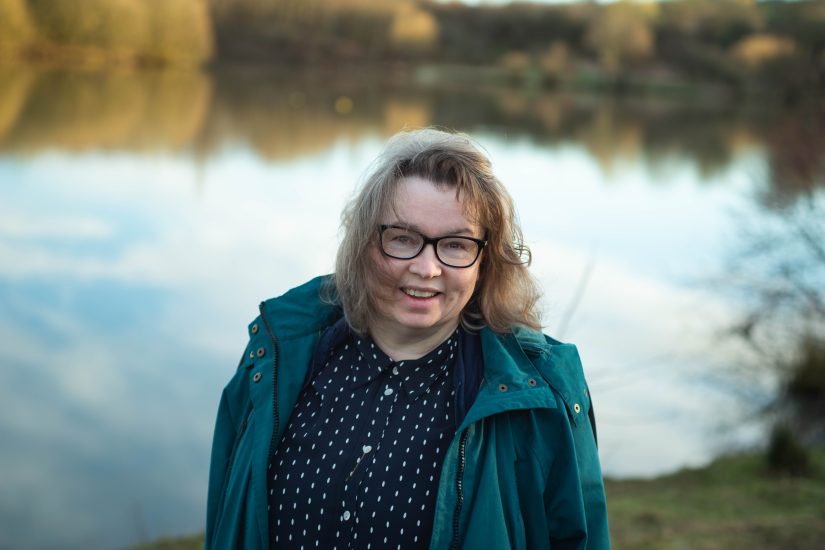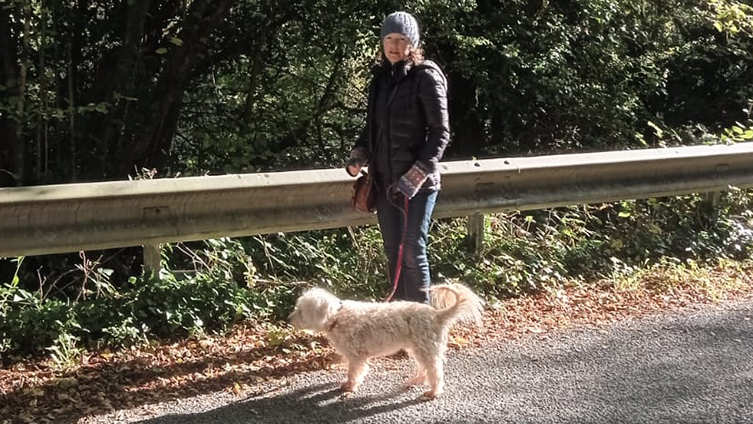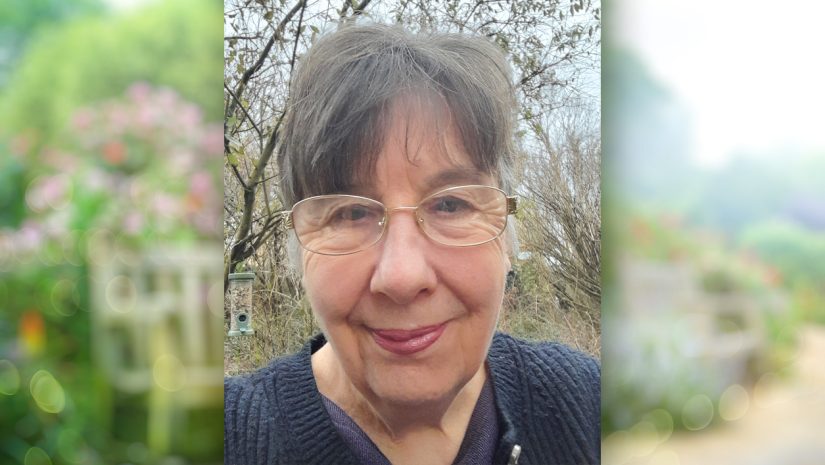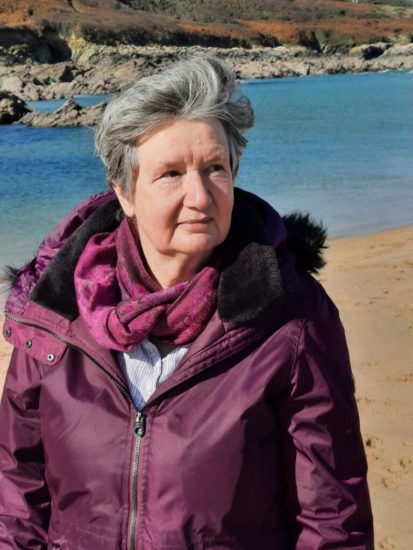
We have another Writer Of The Week for you this week: meet Janet Mountford.
Janet’s story, “Three Doors Down”, appears in the November 7 issue of the magazine.
How important was it to you to capture the characters’ steadfast, caring natures in “Three Doors Down”?
I believe echoes of real people exist in my characters, but they only come truly alive when the story evolves around them.
I don’t really think I have any say in how they develop. I knew someone like Mrs Davis, so it wasn’t hard to connect with her and I hope I’ve done her justice. I also tried to show that the Mrs Davis’s of this world – good, kind and caring – exist in every generation.
I love the concise, poetic ending. Did that come about at the first time of asking, and how much do you value a strong story ending?
I often see the end of a story before anything else, and this story was no exception. The ending was the first thing that came to me.
I think the ending of a story is as important, if not more so than the beginning. It is the part that stays in the memory longest, and pulls the whole story together.
It’s also the opportunity to grab once more at the heart strings.
Who can ever forget that iconic line in “Jane Eyre” – “Reader, I married him.”
Your stories often make for reflective reading. Do the characters’ emotions have to resonate with you before you can bring them to life on the page?
Emotion is the stuff of storytelling, but also the stuff of life. I was a hypnotherapist and counsellor for many years, and connecting with someone emotionally was probably the most powerful tool I possessed.
I suppose that emotional connectivity must have seeped into my storytelling, but it’s not something I do on a conscious level. It just kind of happens.
But then I think we all know how it feels to be jealous, to love, to grieve, so in some ways it is easy for me to identify with my characters.
To me, on some level, they really do exist as real people.
If there was one book you would like to have written, what would it be and why?
William Golding’s “Pincher Martin”. If ever there was an ending to a story that totally changes your perception of what has gone before, it’s that novel. To have such control of the power of words would be a gift indeed.
Notebook and pencil or laptop? Kitchen table or study? Blank wall or inspiring view?
I think there must be a mystical being, a muse if you like, that whispers in my ear at night, as I often wake up with an idea already fully formed in my mind.
For this reason I have several notebooks by my bed ready to write first thing in the morning, helped along with copious amounts of coffee provided by my long-suffering family.
But then this has to be followed by the laboriousness of copying the story on to a laptop afterwards. On the first read through I always hate everything I have written and have to start again. And then, of course, I end up writing exactly what I’d written in the first place, almost word for word!
It can be a very frustrating process. I really should trust my first instincts more.
I’d love to live by the sea as it is my passion, but in reality I’d spend far too much time looking out at the horizon to be at all productive.
So blank wall for me.
P.S., What’s your one top tip for an aspiring Writer Of The Week?
Have faith in your own voice. Don’t try and be anyone else.
You are unique; your stories are unique. Keep it that way!
For more from our Writer Of The Week series, click the tag below.

